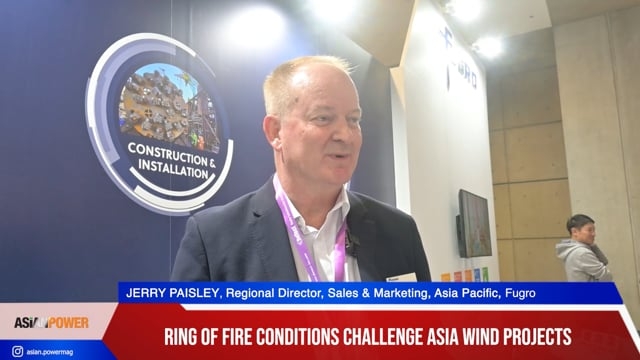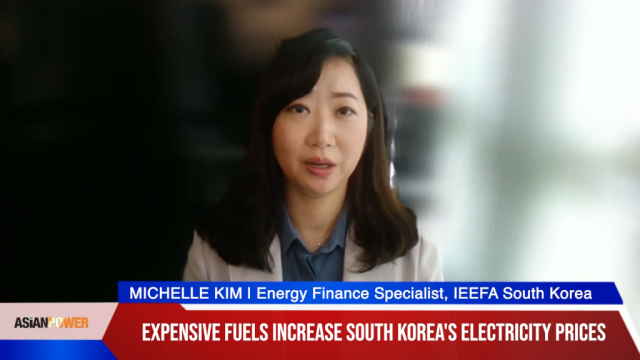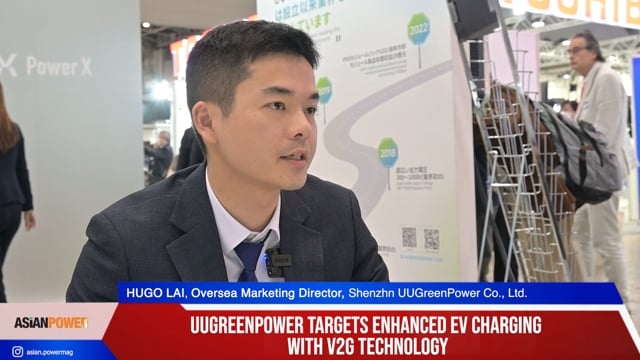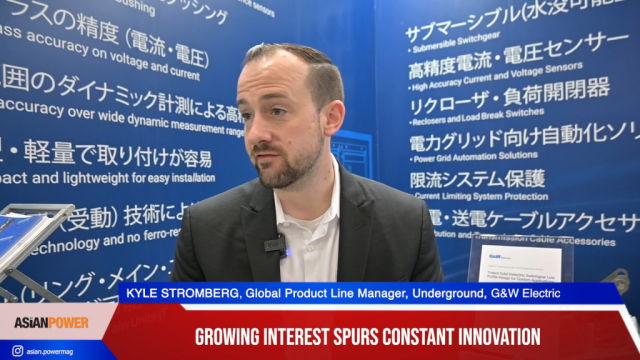
Why Philippines' energy players clamour for policy reforms
Abolition of pass-through costs for fossil fuels is still being proposed.
Several policy changes must be undertaken to help improve the Philippines’ energy situation, according to the country’s former National Renewables Energy Board (NERB) director.
Pete Maniego, who served as NERB chief from 2010 to 2016, has put forward several proposals to address the country’s critical energy problems at the recent 5th POWER Southeast Asia Conference held in Manila.
Maniego’s far-reaching proposals include scrapping the “first to operate, first to bid” policy for energy developers, removing the pass-through provision for fossil fuels, and increasing transmission capacity to maximize utilization of both traditional and renewable sources of energy.
“The ‘first to operate, first to bid’ policy is really only favoring the big players,” said Maniego, who explained that small players are usually unable to participate in project biddings because they cannot secure loans from banks. He lamented that even with an open energy market, big conglomerates tend to dominate because of their easy access to capital and credit.
A policy oriented towards competitive selection, which Maniego noted is already being done in other countries, could be adopted in the Philippines. This would ensure that more players for both renewable and nonrenewable energy projects could be accommodated.
To further level the playing field and improve the current rate-setting mechanisms, Maniego suggested that the automatic pass-through provision for fossil fuel costs must also be removed.
Under the Electric Power Industry Reform Act (EPIRA), power generators that use fossil fuels are allowed to pass on fuel costs to consumers. Renewable energy developers, meanwhile, do not enjoy the same benefit, as they absorb all the risks inherent to using renewable energy sources.
“I think it’s about time developers also take the risk as far as fuel costs are concerned,” Maniego said. “Right now, admittedly coal prices, fuel prices are lower, [but] we don’t know how long that will last,” he added, pointing out operating costs for solar and wind power facilities have also continuously dropped over the years.
Maniego sees that once policy roadblocks are removed, the Philippines’ energy sector will grow faster, with power demand being driven by robust economic growth. He especially sees potential in solar energy, which can be installed in off-grid areas. “There will be explosive growth from the solar market, I think that’s already happening in other countries and with the high cost of electricity in the Philippines, that will happen [here] sooner than later,” he said.
Aside from improving regulations, Maniego also emphasized the need to build the infrastructure necessary to distribute power. He noted that power generated from new solar projects could not be used if they are not connected to the grid. “In Negros, for example, if you cannot transmit, how can you sell to the stock market even if it’s needed in Luzon?”
Maniego noted that increasing transmission capacity between the country’s islands is crucial particularly in address outages caused by calamities. “Every time we have a typhoon, many thousands and families have no electricity for weeks and even months,” he said, saying that this could be resolved if there is distributed generation. He admitted, however, that this is easier said and done, saying that building transmission lines “will take a long night.























 Advertise
Advertise







